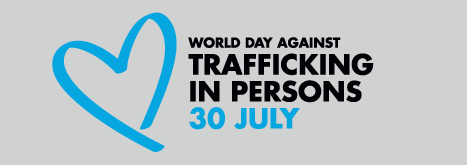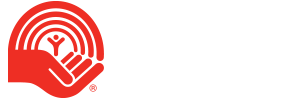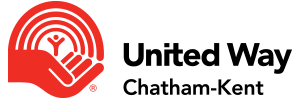 Would you know what human trafficking looked like if you saw it?
Would you know what human trafficking looked like if you saw it?
It’s a question to keep in mind as we get closer to July 30, World Day to End Trafficking in Persons. Human trafficking is a global problem, with more than 50,000 victims detected and reported around the world in 2018, according to the United Nations. But this isn’t an issue we convince ourselves is only for other communities—human trafficking is happening in Chatham-Kent, and it’s not a problem we can ignore.
Who is at risk?
Traffickers look for vulnerable people they can groom and manipulate.
• Young girls and women
• Indigenous women
• Runaways and youth affected by homelessness
• Women and youth struggling with addiction
• Young girls and women looking to leave smaller towns for urban centres
• Immigrants and temporary or migrant workers
According to Ontario’s anti-human trafficking strategy 2020-2025, Ontario is a hub for human trafficking and exploitation, with more than two-thirds of police reported incidents occurring in our province—and Chatham-Kent’s proximity to the 401 “corridor” means it is happening in our community.
In a February, 2021 statement, MPP Rick Nicholls said that the Ontario-wide strategy would increase support for survivors while allowing them to reintegrate back into a healthy community, but experts in Chatham-Kent know there is no simple fix.
That’s because under the umbrella of human trafficking, there are two prevalent aspects—sexual exploitation and agricultural or labour exploitation—and we are home to both crimes.
What can you do?
• Know what to look for. Some of the signs include:
o unusual injuries or bruising
o changes in behaviour including withdrawal from regular communication
o hiding online activity
o suddenly having expensive or unexplained jewelry and/or gifts
o having a passport or identification held by an employer
o unfamiliarity with a town they are living/working in.
• Continue to advocate for funding, resources and legislation that will support victims and help end human trafficking
• Follow #ProjectMapleLeaf, #KnowHumanTrafficking and #EndHumanTrafficking on social media
Luckily, there is an abundance of dedicated services and caring supports available in Chatham-Kent, from centres offering acute crisis intervention, immediate housing and counselling to organizations dedicated to ongoing support and reintegration into the community. Look to one of these local organizations for more information:
Chatham-Kent Victims Services
Skana Family Learning Centre
Chatham-Kent Sexual Assault Crisis Centre
House of Sophrosyne
If you or someone you know is at risk for human trafficking or exploitation, contact any of the above local resources, or the Canadian Human Trafficking Hotline 1.833.900.1010.

